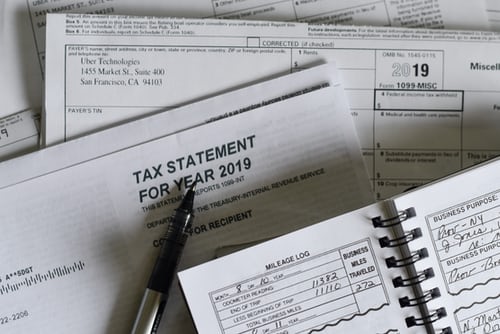A de-facto tax amnesty on unassessed income will likely be repealed. U Maung Maung Win, deputy minister of the Ministry of Planning, Finance, and Industry, told parliament that a 30% tax on unassessed assets will be imposed in the coming fiscal year.
Last year, the 2019 Tax Law lowered income with no identified source to only 3% percent for assets worth up to MMK 100 million, 5% up to MMK 300 million, 10% up to MMK 3 billion, and 30% for MMK 3 billion and higher. Although critics said the move rewarded people who had hitherto evaded their taxes, slashed rates were intended to encourage people to divulge their true incomes. But Maung Maung Win argued that one year was a long enough grace period, and any longer would encourage money laundering. He also said the new taxes should dramatically increase government revenue at a time when the government is spending billions of dollars on COVID-19 recovery measures.
Tax reform has been a chief challenge of the democratic era and the NLD administration. The non-digitized and ill-maintained records made it difficult to collect taxes from ordinary people, and for years even the largest businesses possessed vast stores of undeclared assets. The recent tax reforms are part of a broader effort to reform Myanmar’s business infrastructure, which includes tighter enforcement of rules and regulations. For example, in April, the Ministry of Investment and Foreign Economic Relations introduced robust new guidelines for corporate governance. The following month, DICA purged its ledger of 800 companies that had failed to register.


